October 29, 2018
This design and fit-out firm would like to give its time to a charity
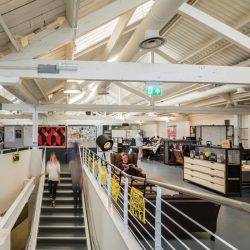 Burtt-Jones & Brewer is giving away its time for free as part of its tenth birthday celebrations. Formed ten years ago over a cup of coffee between Steve Brewer and Adam Burtt-Jones, the workplace designers are celebrating by giving away ten thousand pounds’ worth of its workplace consultancy time to a single charity. So, instead of putting a birthday present list – they are sharing their experiences from a decade of design, development and delivery – from Moorgate to Milan, banks to brand agencies, lawyers to lottery operators, insurers to investors, the Bank of England to The Treasury.
Burtt-Jones & Brewer is giving away its time for free as part of its tenth birthday celebrations. Formed ten years ago over a cup of coffee between Steve Brewer and Adam Burtt-Jones, the workplace designers are celebrating by giving away ten thousand pounds’ worth of its workplace consultancy time to a single charity. So, instead of putting a birthday present list – they are sharing their experiences from a decade of design, development and delivery – from Moorgate to Milan, banks to brand agencies, lawyers to lottery operators, insurers to investors, the Bank of England to The Treasury.




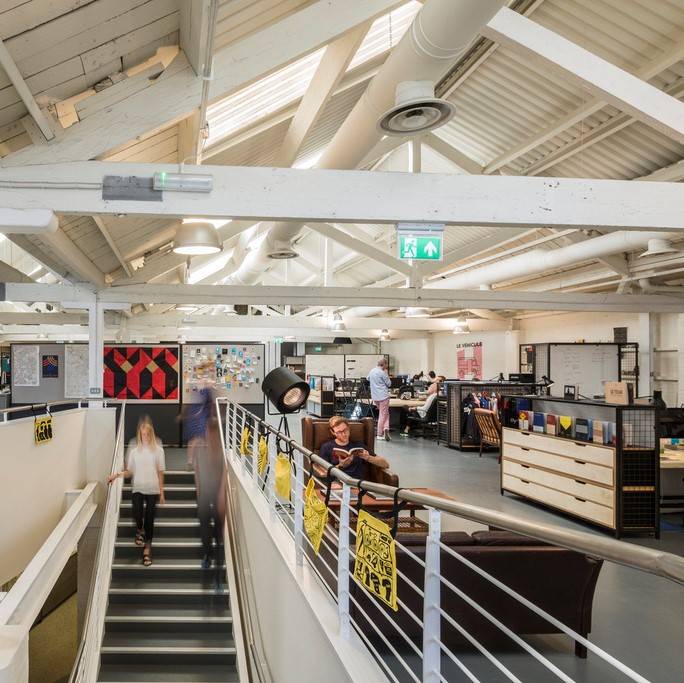





 Although the majority of business leaders rate their business as efficient, nearly a third of respondents to a recent survey waste up to 65 working days per year on administrative tasks, with over half wasting the equivalent of a working month. Priority Software’s Business Process Efficiency Index 2018 suggests business leaders are struggling to take charge of company productivity; and while senior decision-makers expressed the desire to spend more time planning for the future of their businesses, they said too much time is currently occupied by administrative tasks.
Although the majority of business leaders rate their business as efficient, nearly a third of respondents to a recent survey waste up to 65 working days per year on administrative tasks, with over half wasting the equivalent of a working month. Priority Software’s Business Process Efficiency Index 2018 suggests business leaders are struggling to take charge of company productivity; and while senior decision-makers expressed the desire to spend more time planning for the future of their businesses, they said too much time is currently occupied by administrative tasks.






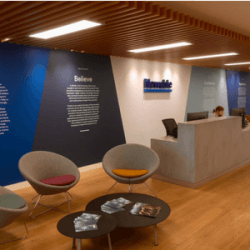




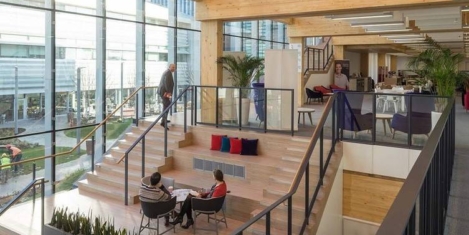
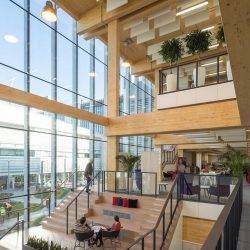










October 31, 2018
What is in a name for the UK facilities management sector?
by Jo Sutherland • Comment, Facilities management
More →